As corporate social responsibility becomes a greater priority among consumers and manufacturers, a lawsuit brought against Keurig Green Mountain Inc. is likely to have interesting implications for recyclability product claims going forward.
This comes as a federal judge in California has given the go-ahead for a class action lawsuit against Keurig for misleading recycling claims.
Keurig, known for its small personal coffee pods, is accused by a consumer of falsely labeling its pods as recyclable despite being too small for handling by material recovery facilities (MRFs).
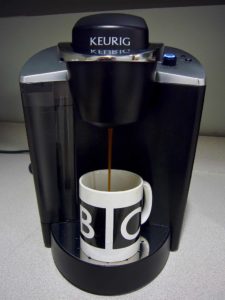 The company defended itself by saying that the advertising and labels for the coffee pods encouraged consumers to “check locally” about whether the pods are recyclable.
The company defended itself by saying that the advertising and labels for the coffee pods encouraged consumers to “check locally” about whether the pods are recyclable.
However, US District Judge Haywood Gilliam in Oakland rejected the defense, pointing to consumer allegations that the pods are not recyclable at any municipal facility in the country, and thus the “check locally” disclaimer did not make the recyclable claims truthful.
The lawsuit also alleges that while the pods are made of polypropylene, accepted for recycling in about 61 percent of communities across the US, most domestic MRFs aren’t capable of capturing such small, light materials from the recycling stream.
“Common sense would not so clearly lead a person to believe that a package labeled ‘recyclable’ is not recyclable anywhere,” Gilliam wrote in the ruling. “Although Keurig argues that its labeling is sufficient under the Green Guides… the complaint alleges facts that indicate the opposite.”
Additionally, the consumer pointed out that the label doesn’t advise users to dispose of the pods’ paper filters before recycling, which creates a source of contamination in the recycling process.
The Green Guides is an enforcement blueprint by the Federal Trade Commission (FTC) aimed at eliminating fuzzy, unsubstantiated or misleading environmental claims. The guide also states that “Marketers should qualify recyclable claims when recycling facilities are not available to at least 60 percent of the consumers or communities where a product is sold.”
Coffee pods have also come under fire in recent years for the overall sustainability of the products, with environmental groups slamming the pods for the amounts of plastic waste that winds up in landfills.
This type of waste doesn’t bode well with shoppers either, as personal values begin to play a larger role in consumer purchasing habits.
In fact, a 2017 study by Cone Communications reveals 87 percent of consumers will purchase a product because a company advocated for an issue they cared about and 76 percent will refuse to purchase a company’s products or services upon learning it supported an issue contrary to their beliefs.
Keurig has also taken steps to improve its’ products, just last month releasing updated sustainability goals. In a news release, the company pledged to use 100 percent recyclable or compostable packaging and send no waste to landfills by 2025. It also reiterated its previous goal of making all coffee pods recyclable by 2020.

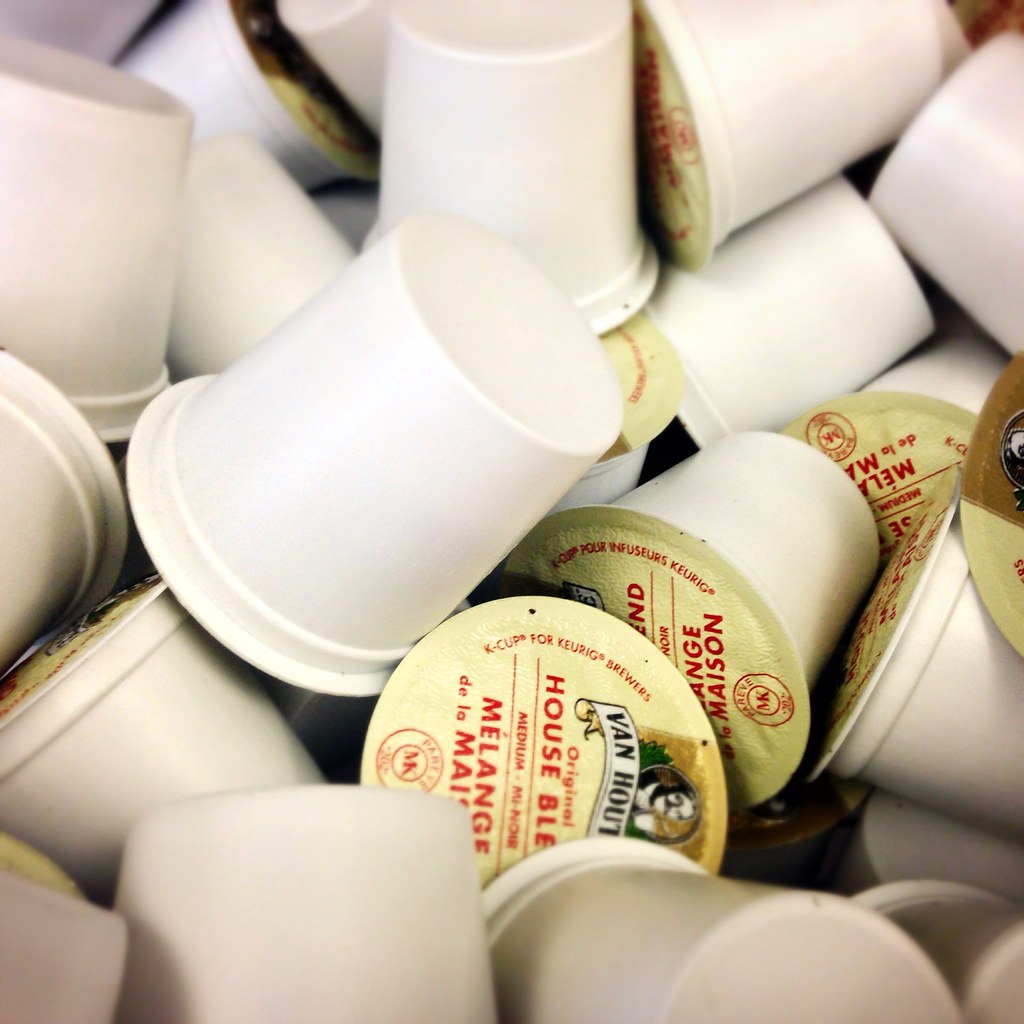
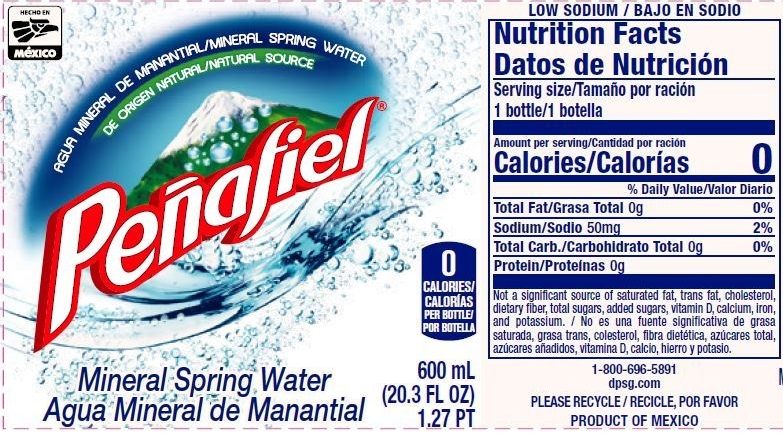
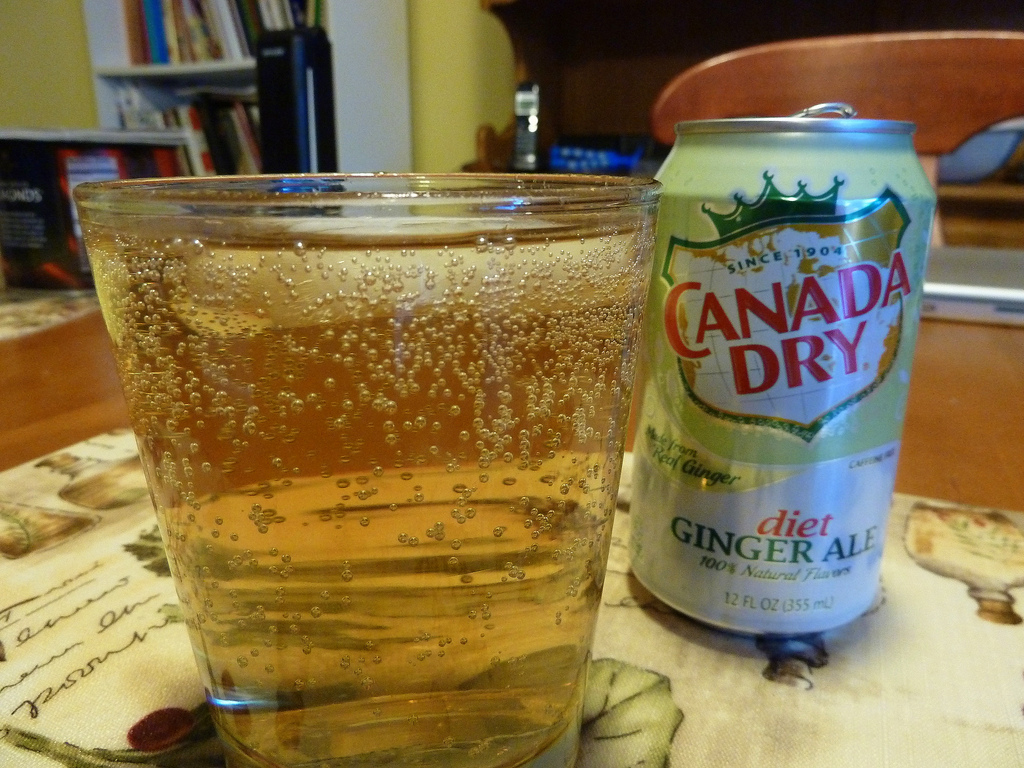
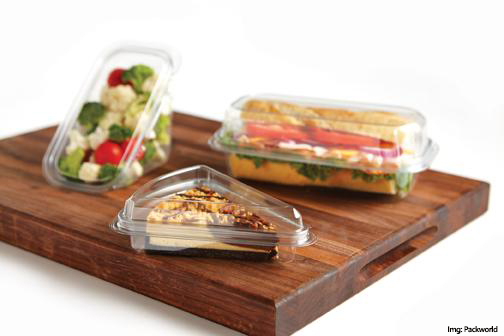







Join or login to leave a comment
JOIN LOGIN